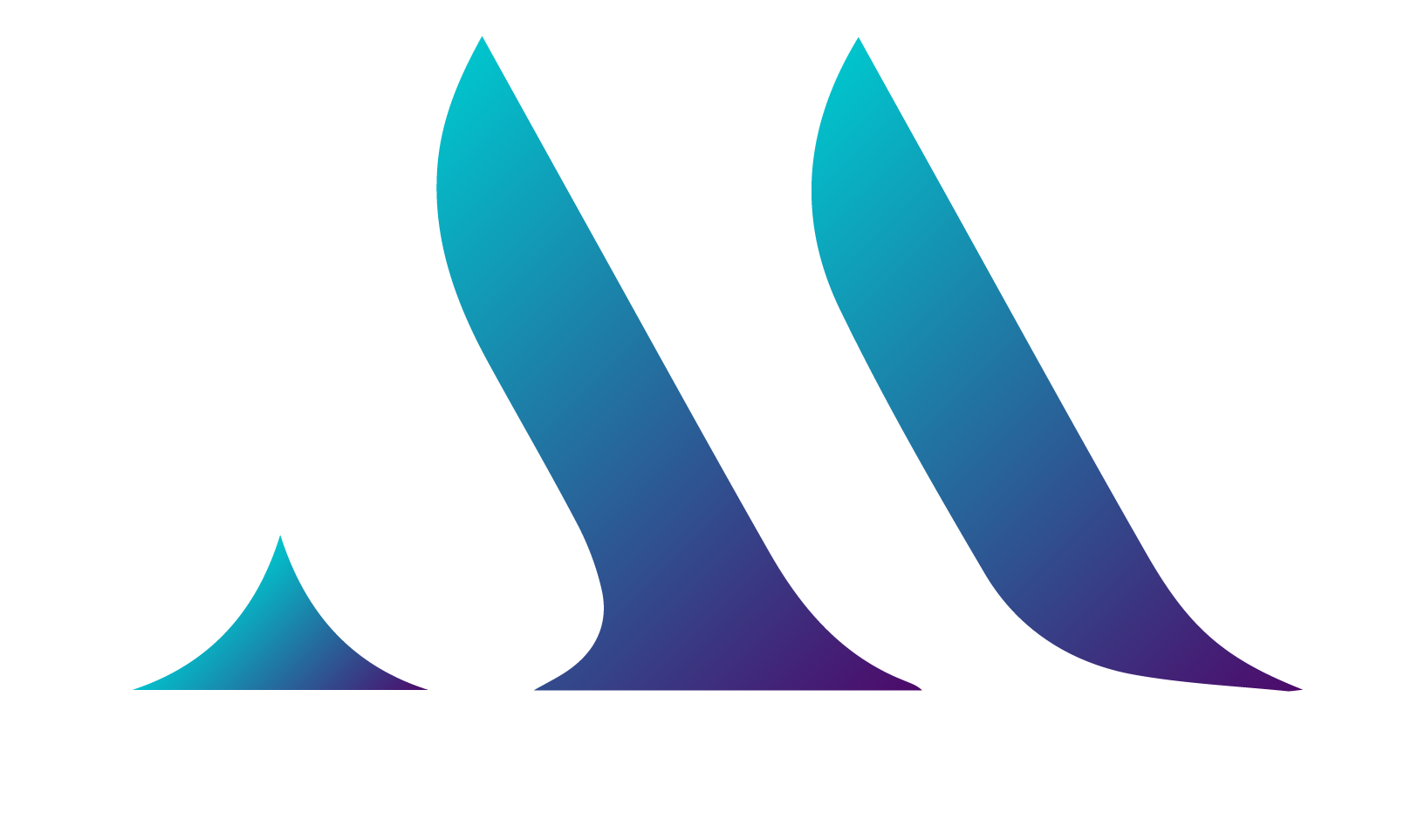Some entrepreneurs are always busy — back-to-back calls, packed calendars, endless client projects.
Yet deep down, they’re not happy.
They’re not burnt out because of work itself.
They’re burnt out because they’ve built a life around utility value, not happiness value.
Let me explain.
Utility Value = “How useful am I to others?”
Most of us start here.
- We trade time for money.
- We chase outcomes that look good on paper.
- We measure our worth by how productive or in-demand we are.
This mindset isn’t wrong — it’s how businesses grow initially.
But here’s the trap:
When everything you do is about delivering value,
you forget about experiencing value.
You start living like a machine, not a marketer.
Happiness Value = “How alive do I feel doing this?”
This is where the real magic happens.
- Instead of asking “What’s the ROI?”, you start asking “What’s the return on my peace?”
- Instead of chasing 100 clients, you build 10 long-term relationships.
- Instead of filling your calendar, you design your time around clarity and flow.
Happiness value doesn’t mean you stop being strategic.
It means your strategy starts supporting your well-being, not the other way around.
In Time Management, it’s even more powerful.
I used to optimize every minute.
Now, I optimize energy zones.
Because your best work doesn’t come from more hours —
it comes from aligned hours.
|
Utility Thinking |
Happiness Thinking |
|---|---|
|
How much can I fit into today? |
What deserves my focus today? |
|
I need to stay busy. |
I need to stay intentional. |
|
Time = output. |
Time = quality of presence. |
When you stop scheduling everything,
you make space for what truly matters —
creative flow, strategic thinking, and peace of mind.
The Hybrid Approach:
Balanced Value Living
You don’t have to pick one over the other.
The smartest entrepreneurs balance both.
Here’s how I do it:
-
Morning (Happiness-first): Deep work on projects that fuel me.
-
Midday (Utility focus): High-ROI tasks, client delivery, measurable outcomes.
-
Evening (Integration): Reflection, reading, or strategy with no rush.
This system keeps me productive and peaceful.
Because I’m not chasing time — I’m managing energy and intention.
If you’re constantly productive but rarely fulfilled,
you’ve probably optimized your utility value but neglected your happiness value.
The entrepreneurs who win long-term aren’t the ones doing the most.
They’re the ones doing what matters —
at a sustainable rhythm.
